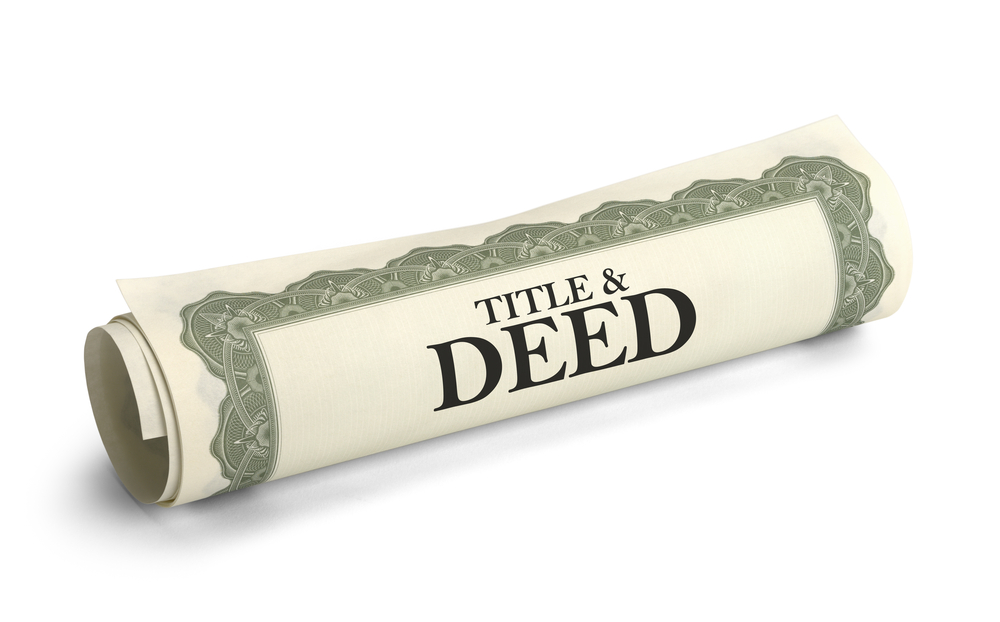
Colorado has four statutory deeds: General Warranty Deed, Special Warranty Deed, Quit Claim Deed, and Bargain and Sale Deed. Historically, General Warranty Deeds were the most prevalent and preferred since they grant the broadest protection for buyers as their sellers are warranting the title to the real property since the beginning of time. Special Warranty Deeds limit the warranty of title to the period that the seller owned the real property. Quit Claim Deeds give no warranty of title – the buyer gets only what the seller had at the time the deed is signed. Bargain and Sale Deeds also offer no warranty of title but do transfer the title to the seller at that point in time as well as title that the seller acquires after the date of the Bargain and Sale deed.
Then in 2019, Colorado enacted a new statute that allowed deeds to be subject to “Statutory Exceptions” which are composed of
1) Real estate taxes for the calendar year and subsequent years;
2) all matters that would have been disclosed by an improvement survey plat of the conveyed property or could have been ascertained by an inspection of the conveyed property and which matters were not created or otherwise known to the grantor and
3) all matters recorded in the real estate records for the county in which the conveyed property is located.
Recognizing that the use of this term “Statutory Exceptions” aligns most closely with the characteristics of a Special Warranty Deed, the Colorado Real Estate Commission revised the standard contracts for the purchase and sale of real estate to provide a default choice for Special Warranty Deeds with the statutory exceptions, although the parties may still choose another type of deed and can provide for specific exceptions. Contact the Lyons Gaddis Real Estate team if you need help with a property conveyance.

